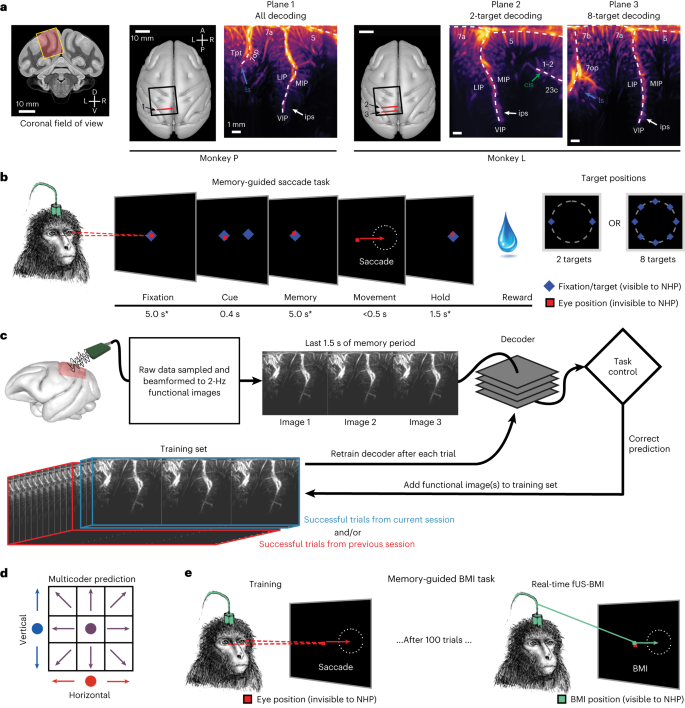2023-11-28 バース大学
◆通常の小分子薬ではなく、小さなタンパク質である「ペプチド」を使用し、その3D構造の安定性と細胞内への取り込みの容易さを向上させる手法を開発。オルデンランディア・アフィニスの酵素OaAEP1を活用し、バクテリア細胞内で一連のステップでタンパク質を生産し、熱や化学的な安定性を向上させ、よりシンプルで低コストな方法を確立。
◆この手法は医薬品だけでなく、食品、洗剤、バイオテクノロジー、バイオエネルギーなどの産業にも応用可能。
<関連情報>
- https://www.bath.ac.uk/announcements/scientists-harness-flower-super-power-to-pave-the-way-for-new-drug-treatments/
- https://pubs.acs.org/doi/10.1021/jacsau.3c00591
アスパラギニルエンドペプチダーゼの細胞内応用による組換えヘッド・トゥ・テール環状タンパク質の生産 Intracellular Application of an Asparaginyl Endopeptidase for Producing Recombinant Head-to-Tail Cyclic Proteins
T. M. Simon Tang and Jody M. Mason
JACS Au Published:November 20, 2023
DOI:https://doi.org/10.1021/jacsau.3c00591
Abstract

Peptide backbone cyclization is commonly observed in nature and is increasingly applied to proteins and peptides to improve thermal and chemical stability and resistance to proteolytic enzymes and enhance biological activity. However, chemical synthesis of head-to-tail cyclic peptides and proteins is challenging, is often low yielding, and employs toxic and unsustainable reagents. Plant derived asparaginyl endopeptidases such as OaAEP1 have been employed to catalyze the head-to-tail cyclization of peptides in vitro, offering a safer and more sustainable alternative to chemical methods. However, while asparaginyl endopeptidases have been used in vitro and in native and transgenic plant species, they have never been used to generate recombinant cyclic proteins in live recombinant organisms outside of plants. Using dihydrofolate reductase as a proof of concept, we show that a truncated OaAEP1 variant C247A is functional in the Escherichia coli physiological environment and can therefore be coexpressed with a substrate protein to enable concomitant in situ cyclization. The bacterial system is ideal for cyclic protein production owing to the fast growth rate, durability, ease of use, and low cost. This streamlines cyclic protein production via a biocatalytic process with fast kinetics and minimal ligation scarring, while negating the need to purify the enzyme, substrate, and reaction mixtures individually. The resulting cyclic protein was characterized in vitro, demonstrating enhanced thermal stability compared to the corresponding linear protein without impacting enzyme activity. We anticipate this convenient method for generating cyclic peptides will have broad utility in a range of biochemical and chemical applications.


